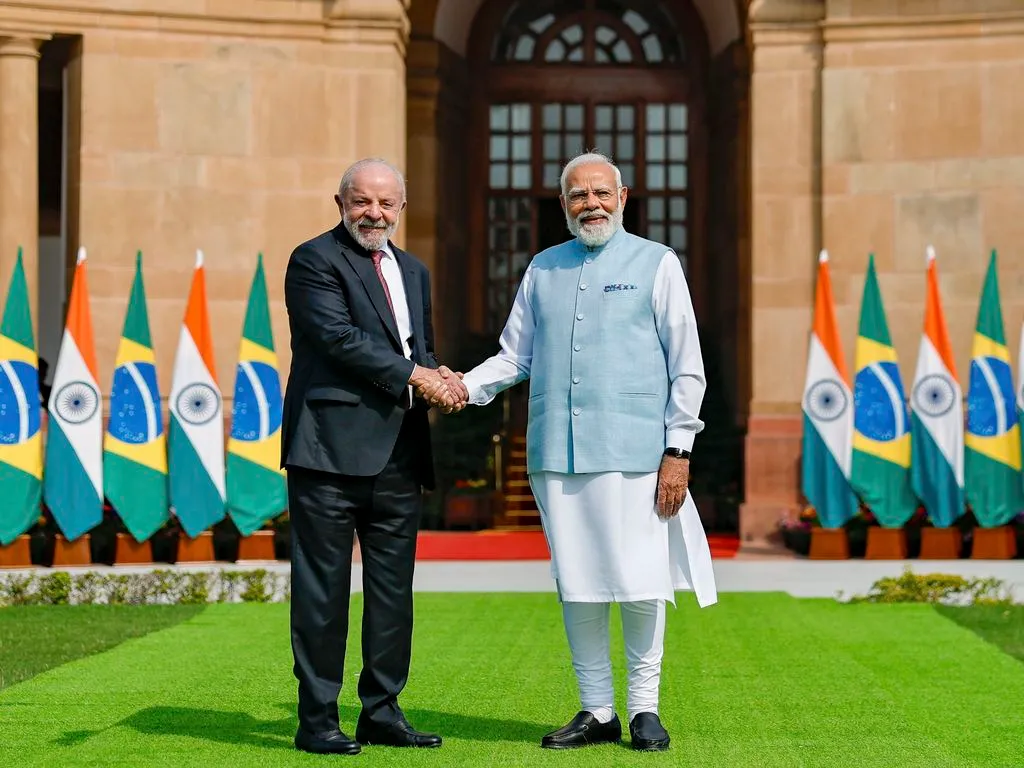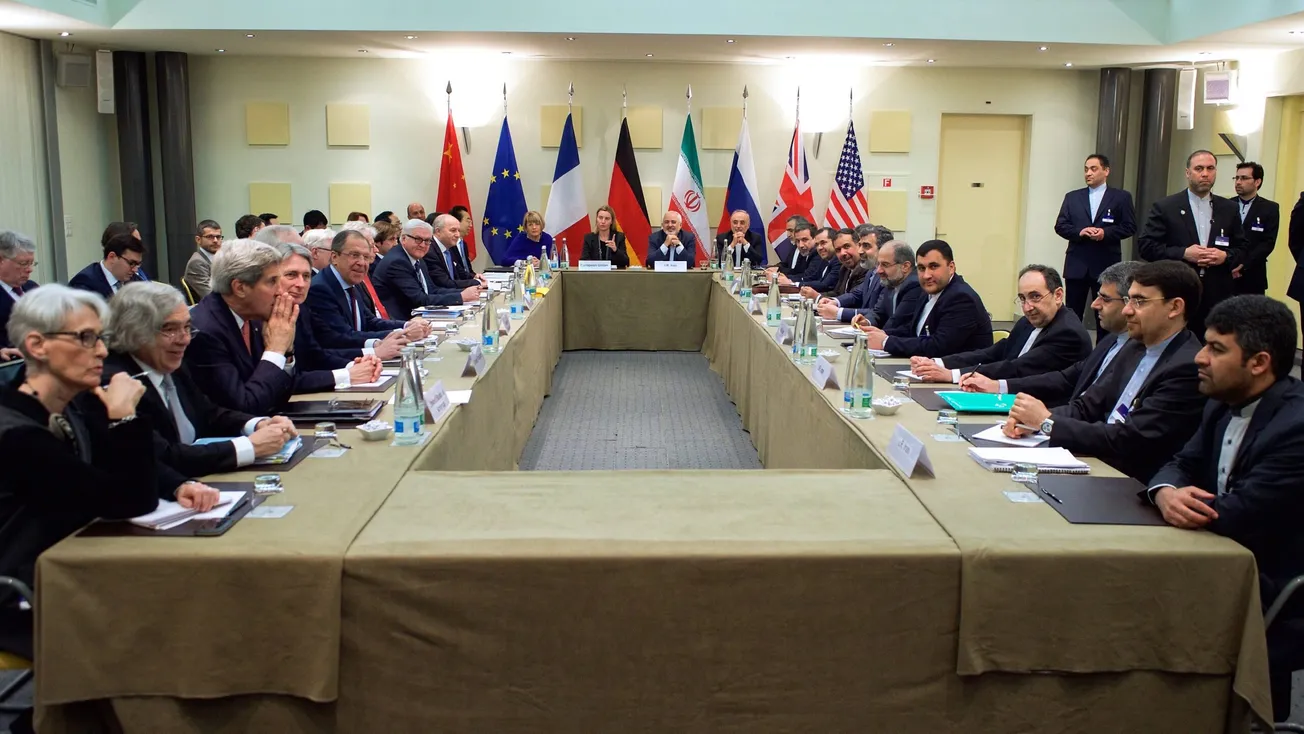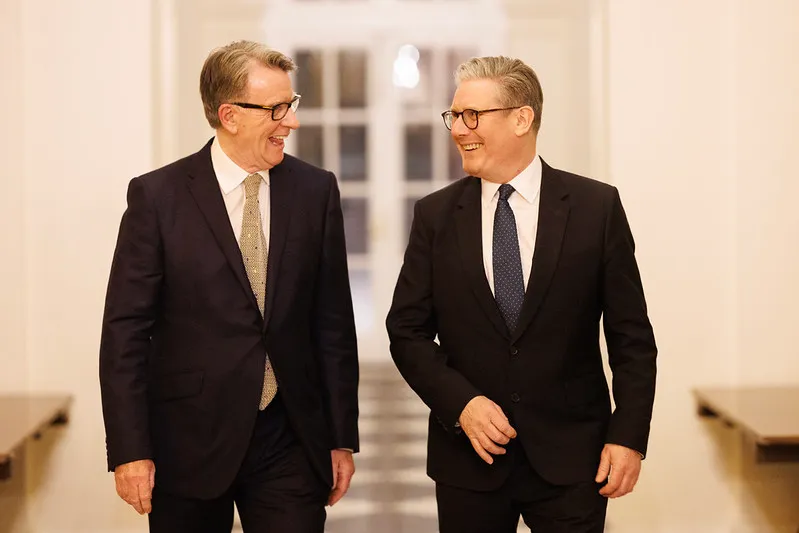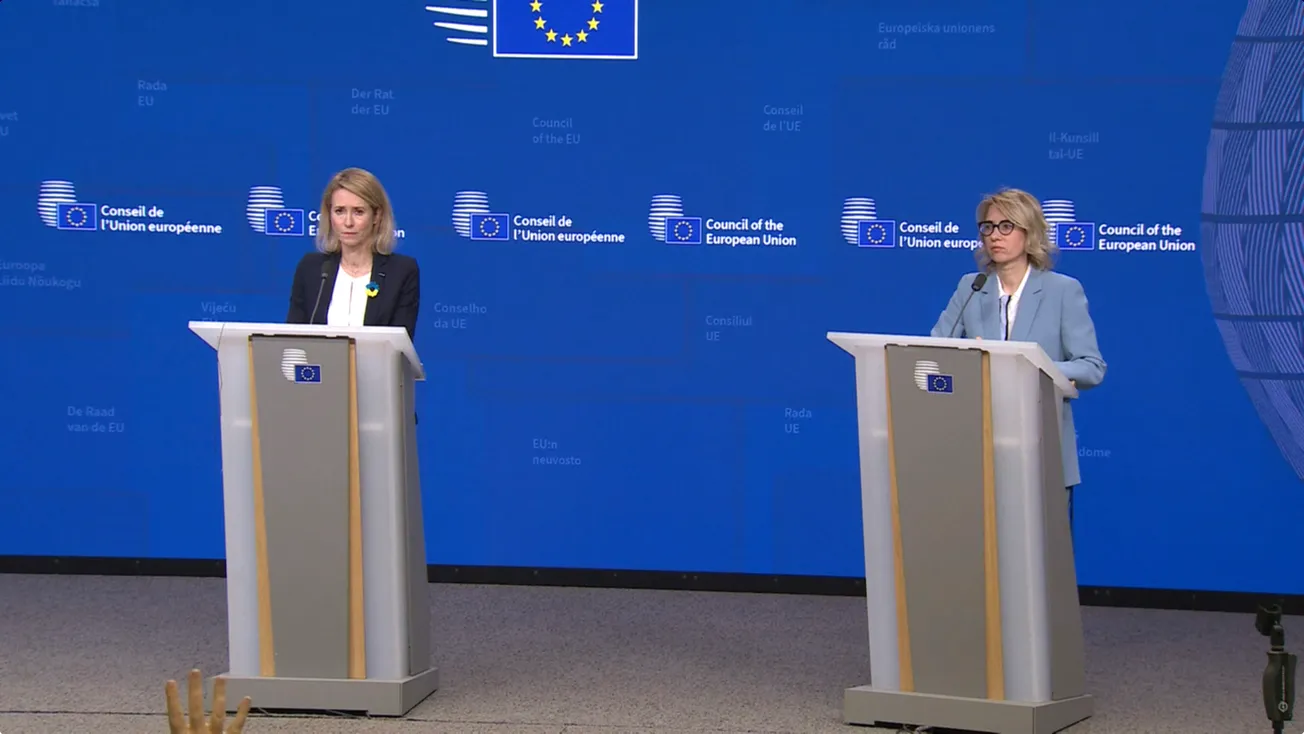Andrey Kortunov, Director General of the Russian International Affairs Council, who has addressed Schiller Institute events, argues in concluding his lengthy (and interesting) post-U.S. election assessment, published by RT on Nov. 16, that for a new paradigm of international relations to be secured, the United States must come around to sharing the idea of common interest upon which that new paradigm is coming into being. He wrote:
“It has to be admitted that, despite all of its obvious weaknesses and limitations, the U.S. remains an indispensable power, without whose participation (all the more so if it is actively opposed) the solution of many regional and global problems is impossible. America’s unique position in the modern world is determined not so much by the strength of the United States itself, as by the weakness or, more precisely, by the immaturity of most other players in world politics, who are not yet quite ready to take on the difficult role of the main protectors of global public goods, let alone to be the main architects of the new world order.
“The Russian-Ukrainian conflict cannot be stopped without active American participation. For all the undoubted successes in the de-dollarization of global finance, the greenback remains—and will remain—the world’s main reserve currency for a long time to come. Most transnational technological chains in one way or another pass through America. The potential and use of American ‘soft power’ will long be the envy of allies and adversaries of the United States, whether it concerns productions from Hollywood or the science programs of American universities. The position of the U.S.A. in international institutions (especially when it comes to their bureaucracy, which represents a kind of global deep state) is at the moment by and large much stronger than that of any other country in the world.






